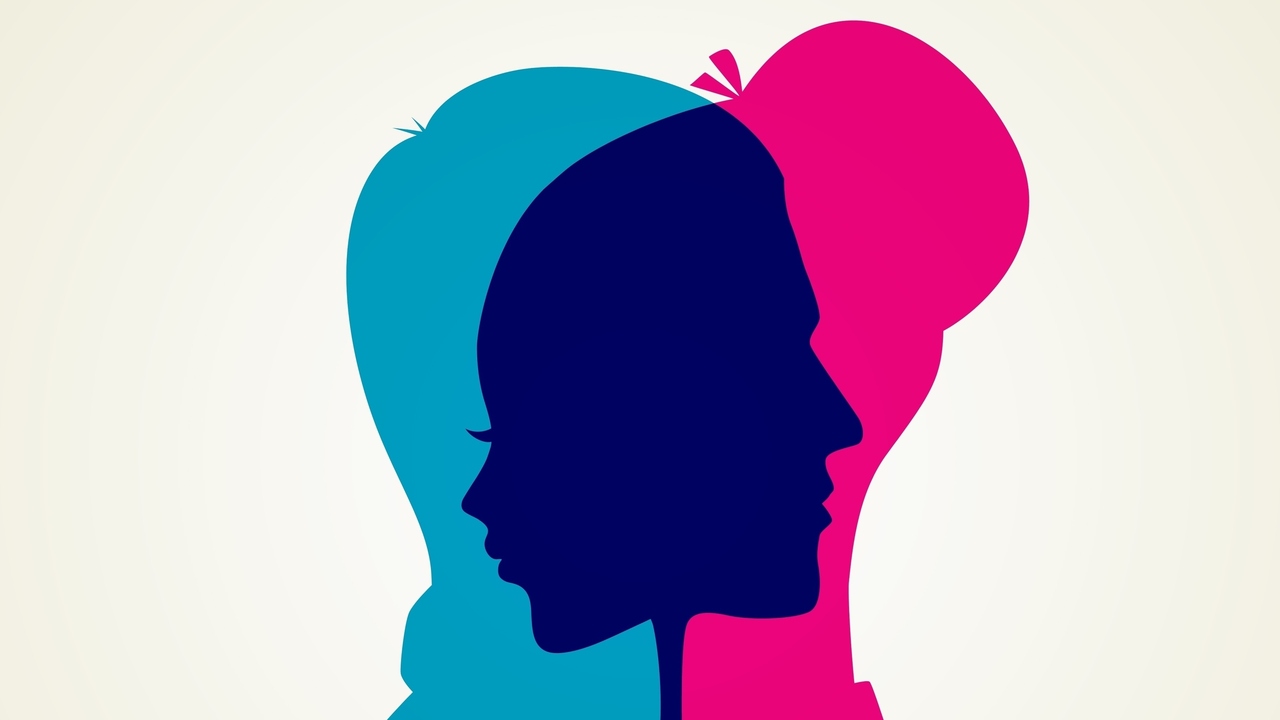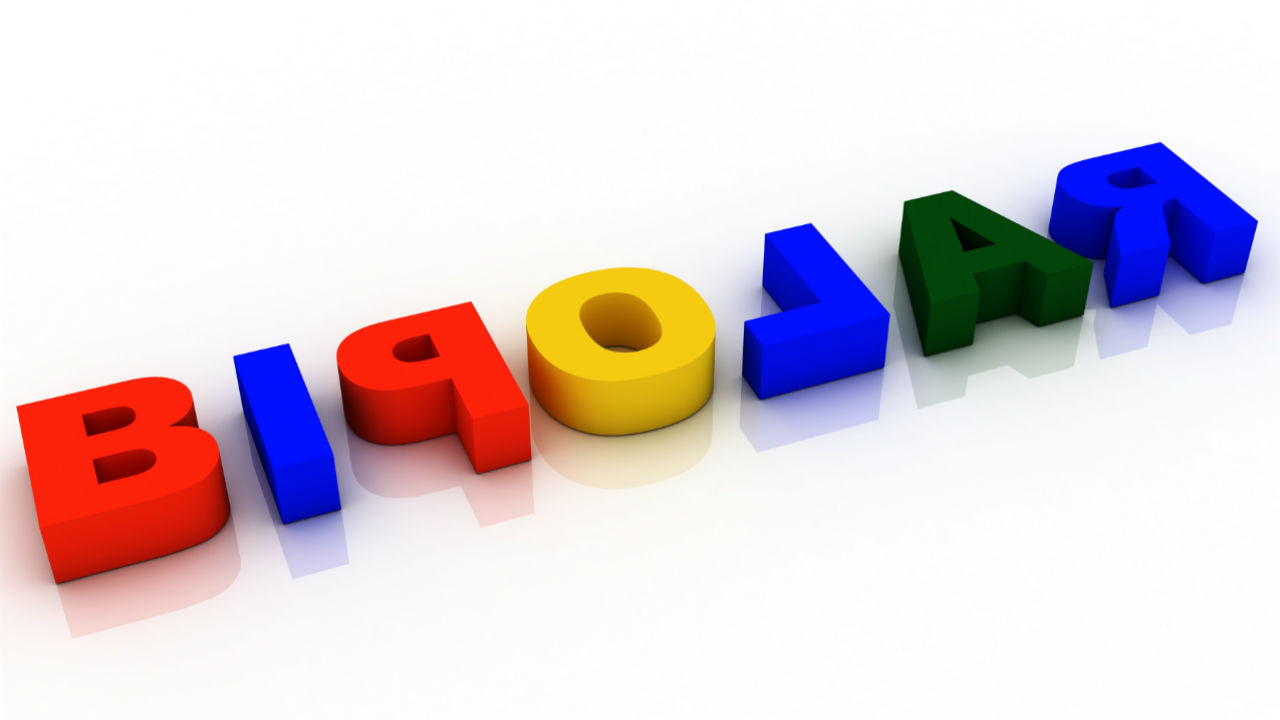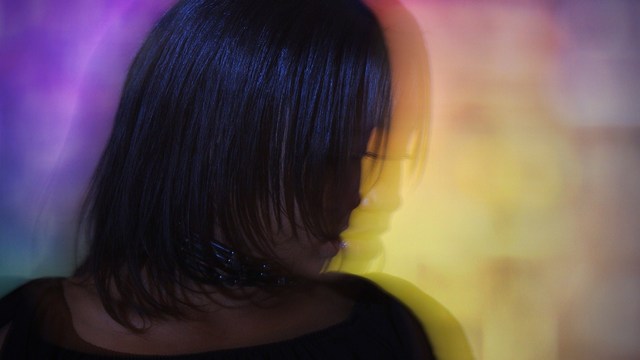Definition
Bipolar disorder results in extreme swings in mood, energy, and ability to function. The mood changes of bipolar disorder are more dramatic than normal ups and downs. They can hurt relationships and cause poor job or school performance. Bipolar disorder can be treated. Contact your doctor if you think you may have this condition.
The two extremes of the illness are mania and depression . In mania, energy peaks. The mood may be overly happy or irritable. In depression, lethargy takes over. The mood may be very blue.
There are three forms of this condition:
- Bipolar I disorder involves recurrent episodes of mania and depression
- Bipolar II disorder involves milder episodes of mania (called hypomania) that alternate with episodes of depression
- Cyclothymic disorder may be diagnosed in patients who experience frequent depressive symptoms and hypomania for at least two years and who have been without symptoms for no more than two months
Please be aware that this information is provided to supplement the care provided by your physician. It is neither intended nor implied to be a substitute for professional medical advice. CALL YOUR HEALTHCARE PROVIDER IMMEDIATELY IF YOU THINK YOU MAY HAVE A MEDICAL EMERGENCY. Always seek the advice of your physician or other qualified health provider prior to starting any new treatment or with any questions you may have regarding a medical condition. Copyright © 2024 EBSCO Publishing All rights reserved.
 10 of the Biggest Misconceptions About Bipolar Disorder
10 of the Biggest Misconceptions About Bipolar Disorder




